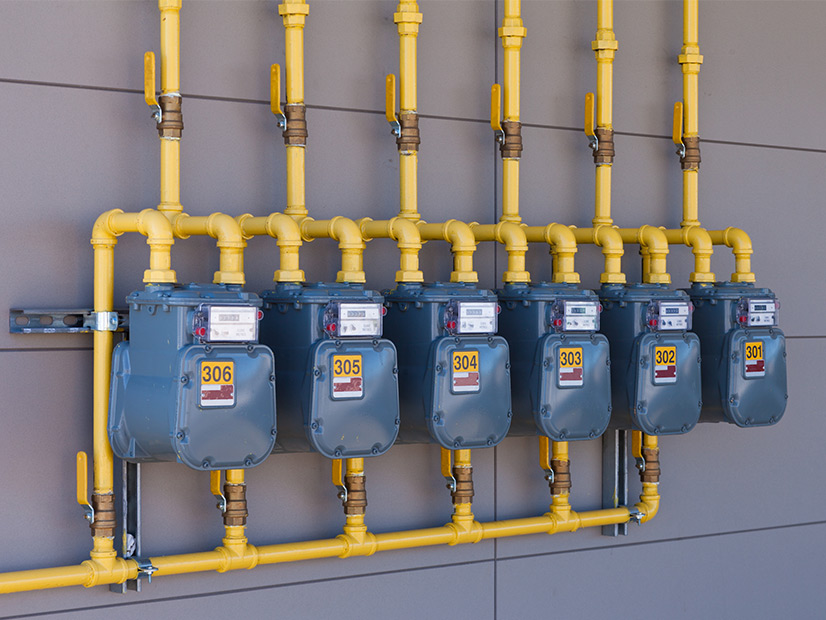Oil and gas industry leaders in Massachusetts are urging the state to continue to promote decarbonization pathways that use existing fossil fuel infrastructure in its three-year energy efficiency program plan. But environmental advocates and residents are calling for electrification primarily.
“With advanced biofuels the industry has proven to have a drop-in and immediate solution to reducing carbon emissions,” Michael Ferrante, president of the Massachusetts Energy Marketers Association, said at a Department of Energy Resources (DOER) public comment session Wednesday.
The association “opposes the Energy Efficiency Advisory Council (EEAC)’s proposal to eliminate literally millions of dollars in Mass Save rebates, and the zero-interest heat loan for customers seeking to upgrade their older heating oil system to a new and more efficient one,” Ferrante said.
The EEAC oversees the direction of Massachusetts’ energy efficiency programs. Every three years, the council holds public comment sessions so state residents can provide feedback on the programs and DOER’s upcoming three-year plan for them.
The draft plan for 2022 through 2024 presses for a market shift to electrification primarily through heat pumps and weatherization.
Opponents of the shift to electrification contend there are faster and cheaper ways to reduce emissions by using existing pipeline infrastructure and rights-of-way to transport biofuels, biogas or renewable hydrogen to heat homes. They also argue that focusing on sealing building envelopes and improving insulation is a cost-effective way to lower energy demand and, therefore, the amount of emissions created.
“We have the tools without infrastructure improvement required for homeowners,” said C. Leo Verruso, general manager of Advanced Fuel Solutions, at the public comment session. “Regardless of the economic position of the household, we can reduce our GHGs using the same equipment that’s in the basement today.”
The Case for Electrification
Resistance to fossil fuels, including natural gas, has picked up in recent months across the state. Public health experts and environmental activists have pointed to increasing evidence that pollution from burning fossil fuels has led to an increase in cardiovascular respiratory illnesses such as asthma.
Natural gas pipelines emit a lot of methane. Even if renewable hydrogen is blended into the gas system, hydrogen molecules are smaller than methane and may leak as well.
“We need to stop burning things,” said Cynthia Arens, a resident of Lexington, Mass., during the public comment session. Burning fossil fuels is “creating more health problems that have high costs.”
However, Kai Salem, a policy coordinator for the Green Energy Consumers Alliance, said the draft plan should provide more details on the targets each program needs to hit and their pathways for getting there.
“We would like to see more detailed numbers on heat pump installations, especially when it comes to new homes,” Salem said. “If we can avoid new fossil fuels from any new buildings built in the commonwealth over the next three years, that is an important step toward meeting our GHG goals.”
The DOER will host two more public comment sessions on the draft three-year plan on June 9 and June 15.



